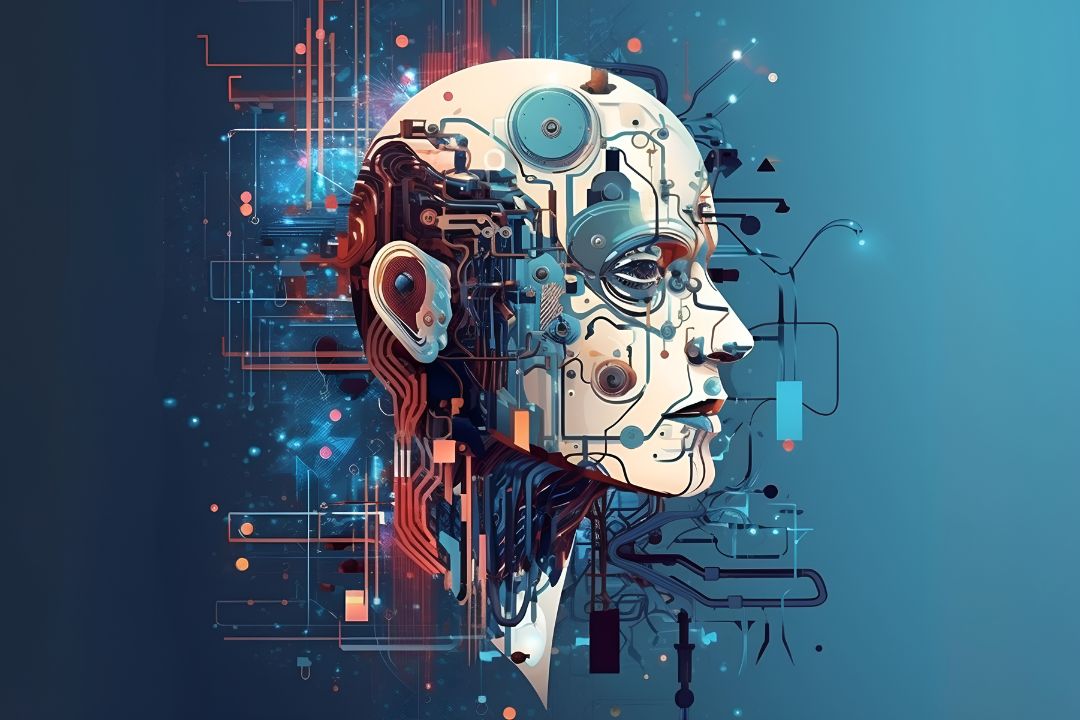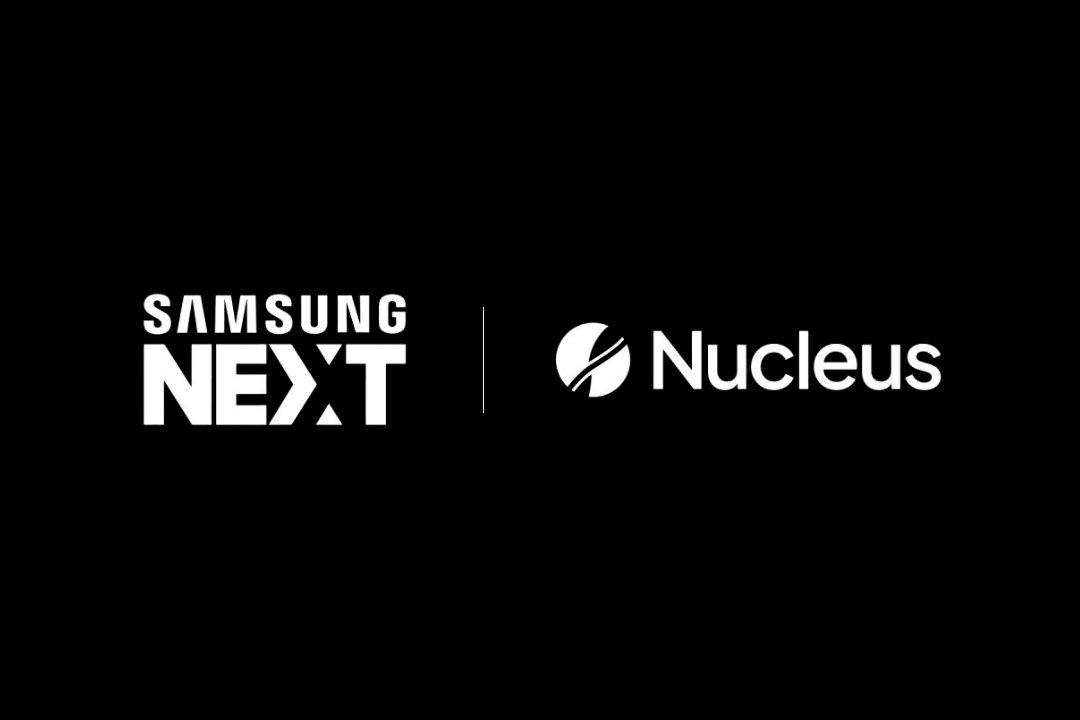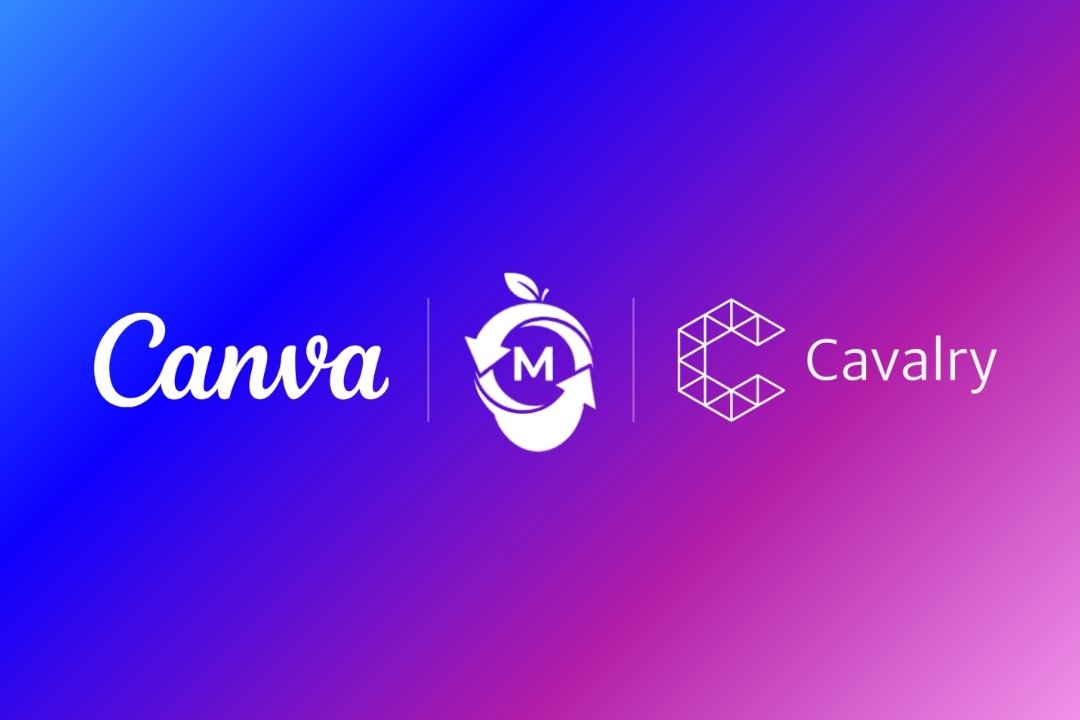In an era where everything is on the Internet and everything is easily available, a need for a powerful and ultimate AI ally is as important as ever. In the internet era, people have become more dependent on the internet and almost every task that we do nowadays involves a form of technology and a form of internet usage. In such an era, an AI assistant that can ease our work is a blessing and in the wrong hands, it is a curse. From scheduling alarms to providing real-time news, AI assistants are on constant growth. But what is an ultimate AI assistant and how close are we to making this technological marvel a reality?
What is the Ultimate AI Assistant?
Intelligence, a notch up:
The ultimate AI assistant isn’t just reactive, it is also proactive. It learns your patterns, your needs, and your general internet behavior and essentially ends up being an extension of your cognitive abilities.
Multimodal interaction:
Voice and text recognition are just the tip of the iceberg, the ultimate AI will be able to interact with you, almost in a human way, through emotional, facial, and gesture recognition. It also needs to have contextual understanding, the ability to grasp the gist of a conversation with its context. The goal of an ultimate AI is to establish seamless connectivity to the assistant, almost like having your best friend in your pocket!
Privacy and security:
Trust is paramount when it comes to any sort of conversation on the internet. The ultimate AI assistant needs to ensure robust privacy measures, transparent data handling practices, and sophisticated security protocols to safeguard sensitive information.
Integration and compatibility:
The ultimate AI assistant must be flexible enough to integrate it into any external or third-party sourced software or app and must be compatible to do various tasks ranging from scheduling to managing home devices.
The Current State of AI-Powered Assistants
Natural Language Processing (NLP):
AI assistants of today have grown as far as analyzing our natural language and crafting replies to our queries in our natural language. This enhances the interactions and makes it feel like talking to a friend.
Machine learning and personalization:
The algorithm of the AI enables these AI-powered assistants to make out a behavioral pattern and personalize the answers to our queries ranging from recommending restaurants based on past buying patterns to predicting tasks and to-do lists. Personalization features in AI are growing to be more sophisticated than ever.
Integration with IoT and Smart Devices:
AI-powered assistants are going beyond smartphones and computers, they are now enabling users to control their smart homes, manage connected appliances, and even monitor health metrics with voice commands.
AI Assistant in Market Now
Here are a few AI assistants who are the forerunners of AI-powered evolution, creating waves all over the globe-
- Google Assistant (Powered by Tech giant Google)
- Amazon Alexa (powered by Amazon)
- Apple Siri (Powered by Apple)
- Microsoft Cortana (Powered by Microsoft)
- Samsung Bixby (Powered by Samasung)
Making AI Assistants Better
Contextual learning and multimodal recognition:
Something that future AI assistants should be able to do is to grasp a conversation about its context and also get crafted in multimodal recognitions. The AI assistants, along with text and voice recognition, must be adept in facial, emotional, and gesture recognition.
Continued learning:
AIs must have a continual learning curve at work to make themselves relevant and do the tasks assigned to them seamlessly. Personal assistants must continuously learn and adapt to evolving user preferences and behaviors
Ethical AI:
As personal assistants become more ingrained in daily life, ensuring ethical AI practices is essential. This includes addressing bias in AI algorithms, promoting transparency in decision-making processes, and respecting user privacy and autonomy.
Current assistants are great for reminders and basic tasks, but they often miss the mark. They struggle to understand the context of what you need, leading to misunderstandings. And let’s not forget privacy concerns –– we all want an assistant who helps us, not one who feels like it’s spying on us.
That’s why the focus needs to shift. We need assistants who can truly “get” us. On top of that, privacy and ethical considerations are paramount. We need assistants that are built with trust in mind. This means being transparent about how our data is used and ensuring it is protected. Plus, we don’t want assistants perpetuating biases or making discriminatory decisions.
By prioritizing these aspects, we can build AI assistants that are intelligent, intuitive, and trustworthy. These assistants will become more than just tools; they’ll be companions that empower us to live our lives more efficiently and effectively. It’s an exciting quest and one that holds immense potential to change the way we interact with technology.










